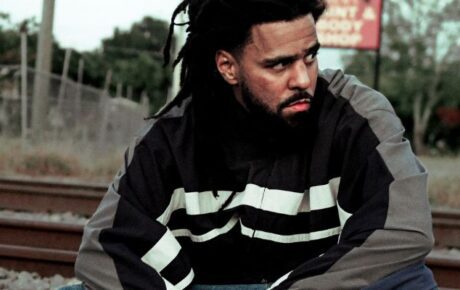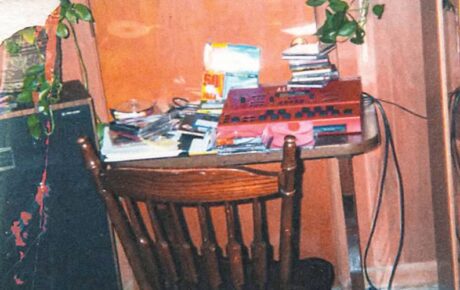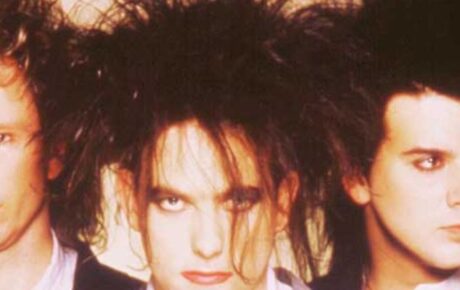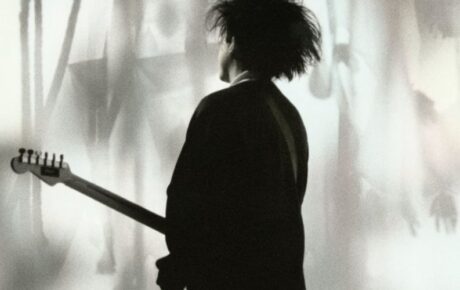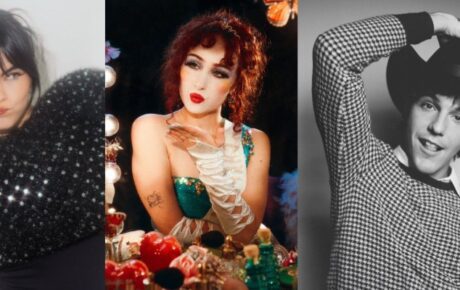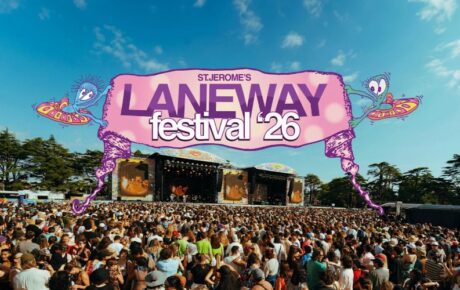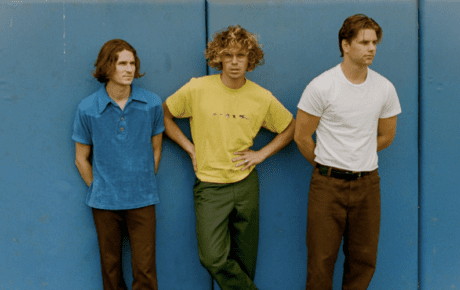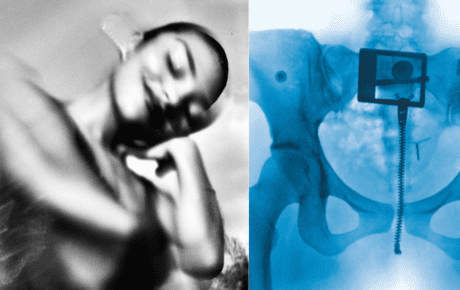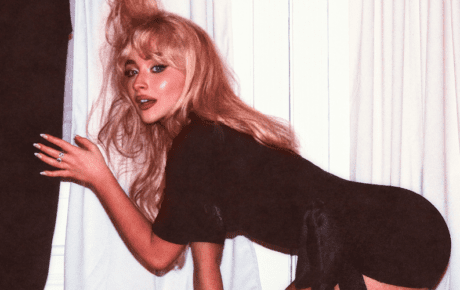The 19th Eurovision Song Contest appeared jinxed from the outset, but it ultimately proved to be one of the now 62-year-old institution’s greatest moments, thanks to the career-defining ABBA Eurovision performance.
But the 1974 ceremony was initially plagued with setbacks. First, Luxembourg had bailed on the chance to host, claiming it was beyond the state’s modest budgets, leading to a hasty reschedule to Brighton, England. Italy then refused to broadcast the show over concerns about the song ‘Sì’ on the eve of a sensitive election. There was a problem with host Katie Boyle’s outfit (an almost early example of the now-infamous “wardrobe malfunction”); then the French President died and the clash with his funeral date led to France pulling out at the 11th hour. Even the UK’s performer, Olivia Newton-John, expressed disappointment at the choice of her song entry – the perky ‘Long Live Love’, picked by a TV ballot ahead of a more obvious ballad.
For ABBA, these distractions were the last thing they needed. A lot was riding on their performance. The previous year, the Swedish quartet’s bid to be picked for the prestigious competition, which they knew could break them in Europe, had been thwarted in the national heats. ‘Ring Ring’ had come third (while the 1973 Swedish entry ended up fifth in the main competition). 1974 saw them finally selected and, while bookies had initially favoured their song ‘Waterloo’ as the year’s winner, the odds were slipping. Come the day itself, 6 April, either Britain or Holland were expected to win. Of course, no one had seen ABBA’s performance when those predictions were made.
Everything changed as Agnetha and Frida bounced down the stage in their gloriously of-the-moment synthetic outfits and glittery make-up. They’d been picked to play eighth, almost precisely halfway through the night’s running order, and conductor Sven-Olof Walldoff’s decision to dress as Napoleon for his three-minute appearance raised eyebrows and heightened expectation from the off. Reworking the song’s Swedish lyrics into English was another master-stroke, broadening the glam-pop stomper’s appeal far further than if it had remained in its native language.
None of that would likely have mattered, though, if ‘Waterloo’ hadn’t been such a strong song, and the ABBA Eurovision performance so assured. Its knowing lyric – would it have worked so well if it had been built around its original title, ‘Honey Pie’? – and bouncy hooks made light work of the audience inside Brighton’s Dome. It remains one of the classic Eurovision records, illustrated by its subsequent hike up the charts; ABBA’s decision to showcase their sound with a frothy, upbeat number (instead of the planned ballad, ‘Hasta Mañana’) was clearly vindicated.
As The Wombles performed in the interval, the votes started piling in and, though ABBA ultimately scored a clear six places ahead of Italy’s Gigliola Cinquetti (with the aforesaid controversial ‘Sì’), voting was tense until the final couple of ballot results were called. Racing to the stage to collect their award, Benny and Björn were almost stopped by security guards who failed to recognise them!
In a year or so, no one would have had any doubt about who ABBA were. ‘Waterloo’ topped charts across Europe – and even made No.6 in the US – and ABBA were soon unstoppable. On that night in Brighton, the ABBA Eurovision performance won the first major battle in the group’s bid to conquer the world.
Article originally published on uDiscoverMusic.com.
SEE ALSO: ‘Voulez-Vous’: The Story Behind The ABBA Song

